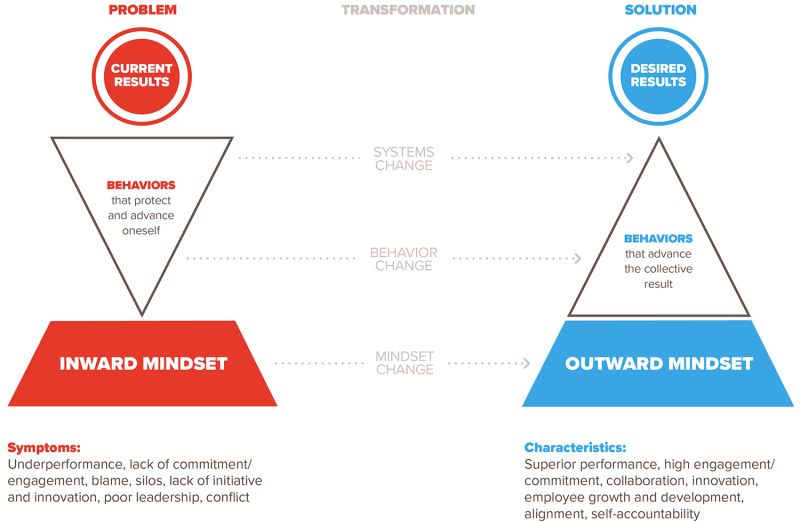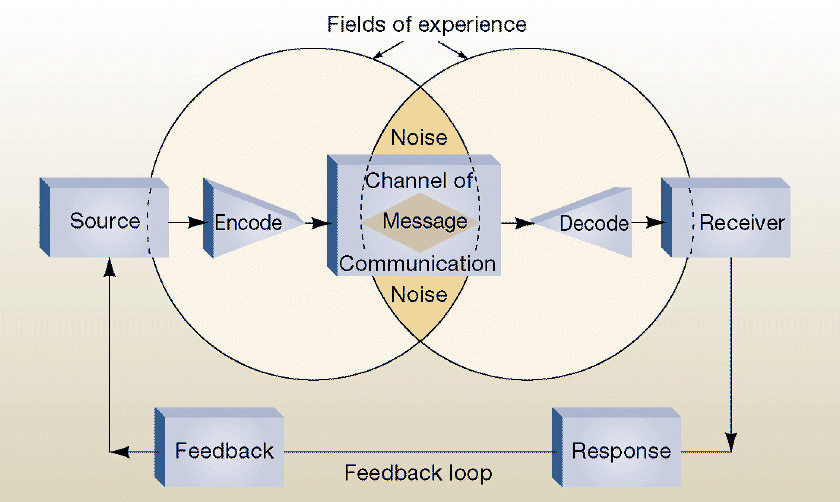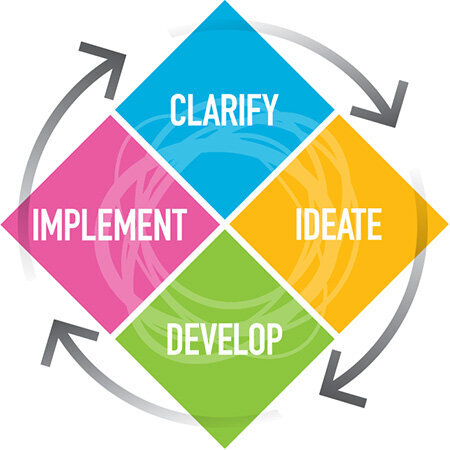Contents
- What is the self-discipline?
- How to be self-discipline?
- How bad habits are formed?
- How good habits are formed?
- How to start a new habit?
What is the self-discipline?
The first and best victory is to conquer self
Self-discipline is the ability to control your behavior in a way that leads you to be more productive and/or have better habits. It is proven to lead to increased success. Self-discipline involves setting goals, planning actions, resisting temptations, and following through with your commitments. Self-discipline can be learned and improved by practicing regularly, seeking feedback, and removing distractions. Self-discipline can help you achieve your personal and professional goals, as well as improve your health, happiness, and well-being.
How to be self-discipline?
With self-discipline most anything is possible.
Self-discipline can be learned and improved by practicing regularly, seeking feedback, and removing distractions. Self-discipline can help you achieve your personal and professional goals, as well as improve your health, happiness, and well-being
Discover your values and your goals for motivation. Self-discipline is pointless without a reason. Take time to consider what it is you want to achieve. Set a goal based on your values. This will give you greater investment in its success.
Start small. If you struggle with self-discipline, then a big goal will be overwhelming. In your attempt, you may constantly fail and become frustrated. Soon you will lose your focus and be back where you started.
Be mindful of resistance and discomfort. You are trying to break bad habits so naturally, your body will want to resist. Change is uncomfortable and you are purposely putting yourself through the discomfort.
Monitor how your body and mind react to this. If you feel urges to slip from your self-discipline, take a moment to be present with the discomfort and carry on with your task.
Avoid distractions. Keep temptations like social media away so that it is harder for you to distract yourself from your goals. Implement blocks on your computer. Hide your phone in a place that is difficult to reach. Keep junk food off your shopping list and avoid making plans that will impact your sleep.
Practice every day. You want to build your self-discipline into a routine. To do this you need to make it a habit and to make it a habit you need to do it every day. On days you want to relax, still, give yourself little moments of self-discipline to reinforce your good behavior.
Be realistic with expectations and results. Failure is bound to happen. Therefore, from the start, be realistic with what is possible to achieve. This is why starting small with SMART goals can help. Give yourself the time and space to develop with tangible tasks. This way your discipline can have a better chance of success.
Track progress. Seeing results right away can be hard. If you track your progress, the small gains you make become more obvious. For example, if you see that for a week you managed to keep yourself to only thirty minutes a day on social media you can feel good that you made progress.
Give yourself rewards. If your goals take time, give yourself rewards for meeting successful benchmarks. Perhaps tell yourself if you reach the halfway point of a project on time then you will buy a nice dinner. This reward will act as supplemental motivation as you work towards the result.
How bad habits are formed?
At their core, bad habits are formed out of routine and often in pursuit of instant gratification.
According to the National Institutes of Health, these bad habits trigger the reward area of the brain. Since they’re enjoyable, they cause the brain to release dopamine. This chemical response can cause a vicious cycle where you continue the behavior because you’re chasing after that dopamine.
Although bad habits may make you feel good momentarily, they can wreak havoc on your physical or mental health in the long term. They can also impact your productivity.
Consequences of bad habits
The consequences of bad habits usually depend on the activity. For example, if you get into the habit of skipping breakfast, you may feel sluggish throughout the day or keep snacking at your desk.
Often, bad habits come back to hurt your well-being later. You make a trade between long-term success and short-term satisfaction.
How good habits are formed?
on average, It takes 66 day to make a new behavior automatic.
Luckily, good and bad habits are essentially formed the same way — through repetition and reward.
Good habits may take a bit more work, as the gratification is often delayed. For example, people may want to focus on weight loss, but it’s still common to choose the instant reward of a delicious, sugar-laden cake over vegetable sticks.
How to start a new habit
a habit consists of three elements the cue, the routine, and the reward
Your brain follows a simple process. When it sees a familiar cue, it makes you perform the associated action (routine) in order to get the reward it craves
Make a plan: Set a goal and plan when and where you’ll perform the new habit. Try to include details.
Say you want to stop procrastinating when you have a string of important emails to write. Try breaking down the task into more manageable chunks, like writing the first three emails by 10am.
Write it down: Keep track of when you perform the habit, so you can review it later. This is especially important at the beginning, when the action probably won’t feel instinctual. It also helps you visualize your progress, so you can see how often you did complete the new action instead of always focusing on when you forgot to.
Be patient with yourself: Don’t expect these changes to happen overnight. Remember it can take weeks or even months for habits to form, so focus on repeating the activity and accepting that you may make the occasional misstep.
Add context: A 2022 study found people who ate fruit at the same time of day and with the same context (like always after breakfast) were more successful in adding the new habit.
Each day you repeat the wanted behavior, you need less discipline to make it stick.
66 days later, It takes little discipline to maintain the habit
– It becomes automatic.





